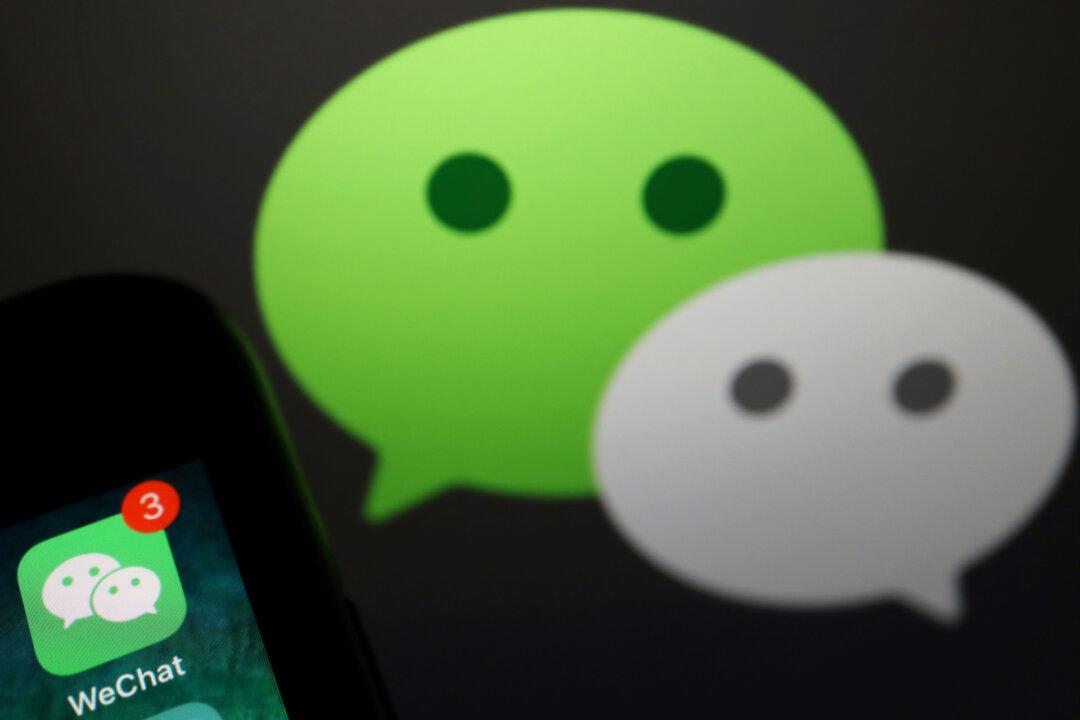Home Affairs officials have said there is no evidence supporting claims that Australian Prime Minister Scott Morrison’s WeChat account was hacked or subject to foreign interference.
Senator Kristina Keneally, Australian Labor Party (ALP)’s home affairs spokeswoman who sought a departmental briefing over Morrison’s WeChat account, told the Labor caucus on Monday that there was no evidence of hacking or foreign interference in the Prime Minister’s recent saga of WeChat, a Chinese social media platform popular among Chinese communities.




